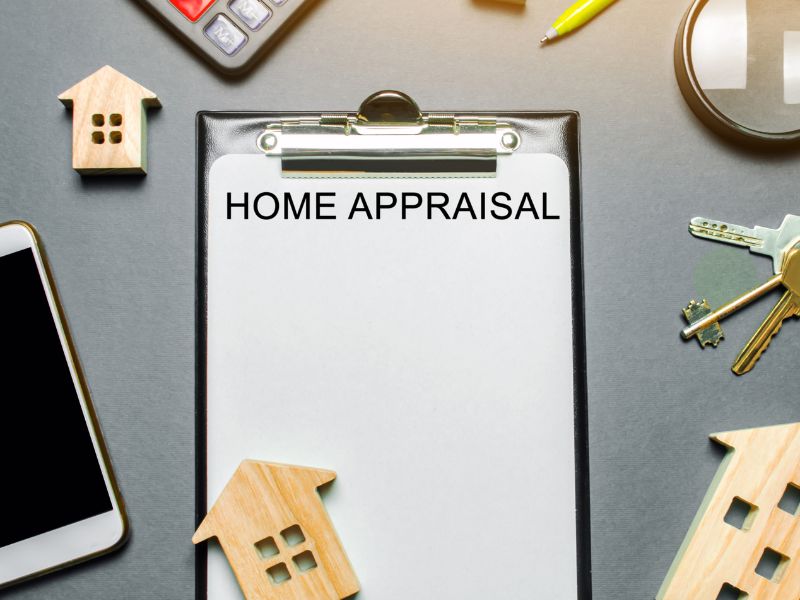What’s Ahead For Mortgage Rates This Week – December 18, 2023
 With both CPI and PPI reports well within expectations, there is a favorable reception across the broader market spectrum that these reports are a strong sign that the Federal Reverse will begin rate cuts in 2024. A soft landing for the economy is the primary goal of the Federal Reserve, and it would seem their measures have had the intended impact with the Jobless claims seeing a recent new low and many of the primary economic signals pointing to a stable 2024.
With both CPI and PPI reports well within expectations, there is a favorable reception across the broader market spectrum that these reports are a strong sign that the Federal Reverse will begin rate cuts in 2024. A soft landing for the economy is the primary goal of the Federal Reserve, and it would seem their measures have had the intended impact with the Jobless claims seeing a recent new low and many of the primary economic signals pointing to a stable 2024.
Consumer Price Index
The numbers: The cost of living rose a scant 0.1% in November thanks to lower oil prices, but another key measure of inflation showed higher costs of other goods and services such as rent and used cars. After being unchanged in October, the U.S. Bureau of Labor Statistics reported today that over the last 12 months, the all items index increased 3.1 percent before seasonal adjustment, which were all falling within expectations.
Producer Price Index
The numbers: U.S. wholesale prices were unchanged in November in another sign of gradually easing inflation. Cheaper gasoline gave a big assist to the benign inflation report, but prices in most major categories were also muted. Economists polled by the Wall Street Journal had forecasted a 0.1% increase in the producer price index.
Primary Mortgage Market Survey Index
- 15-Yr FRM rates seeing a week-to-week increase by 0.09% with the current rate at 6.38%
- 30-Yr FRM rates seeing a week-to-week decrease by -0.08% with the current rate at 6.95%
MND Rate Index
- 30-Yr FHA rates seeing a -0.29% decrease for this week. Current rates at 6.14%
- 30-Yr VA rates seeing a -0.30% decrease for this week. Current rates at 6.15%
Jobless Claims
Initial Claims have decreased to 202,000 compared to the expected claims of 221,000. The prior week was 220,000.
What’s Ahead
The data release of the CPI and PPI leave next week with a much less notable schedule, with most of the important releases being the usual Jobless Claims and Personal Income Spending. Following in importance is the Consumer Confidence reports expected to be released on Wednesday.

 The journey to homeownership is a thrilling adventure, but it comes with its fair share of challenges. One crucial aspect that can significantly influence the mortgage process is the appraisal value of your prospective home. The appraisal value plays a pivotal role in determining the amount a lender is willing to extend to you, making it essential to understand its impact. We will explore the intricacies of how appraisal values can affect your mortgage and provide valuable tips on handling discrepancies.
The journey to homeownership is a thrilling adventure, but it comes with its fair share of challenges. One crucial aspect that can significantly influence the mortgage process is the appraisal value of your prospective home. The appraisal value plays a pivotal role in determining the amount a lender is willing to extend to you, making it essential to understand its impact. We will explore the intricacies of how appraisal values can affect your mortgage and provide valuable tips on handling discrepancies.